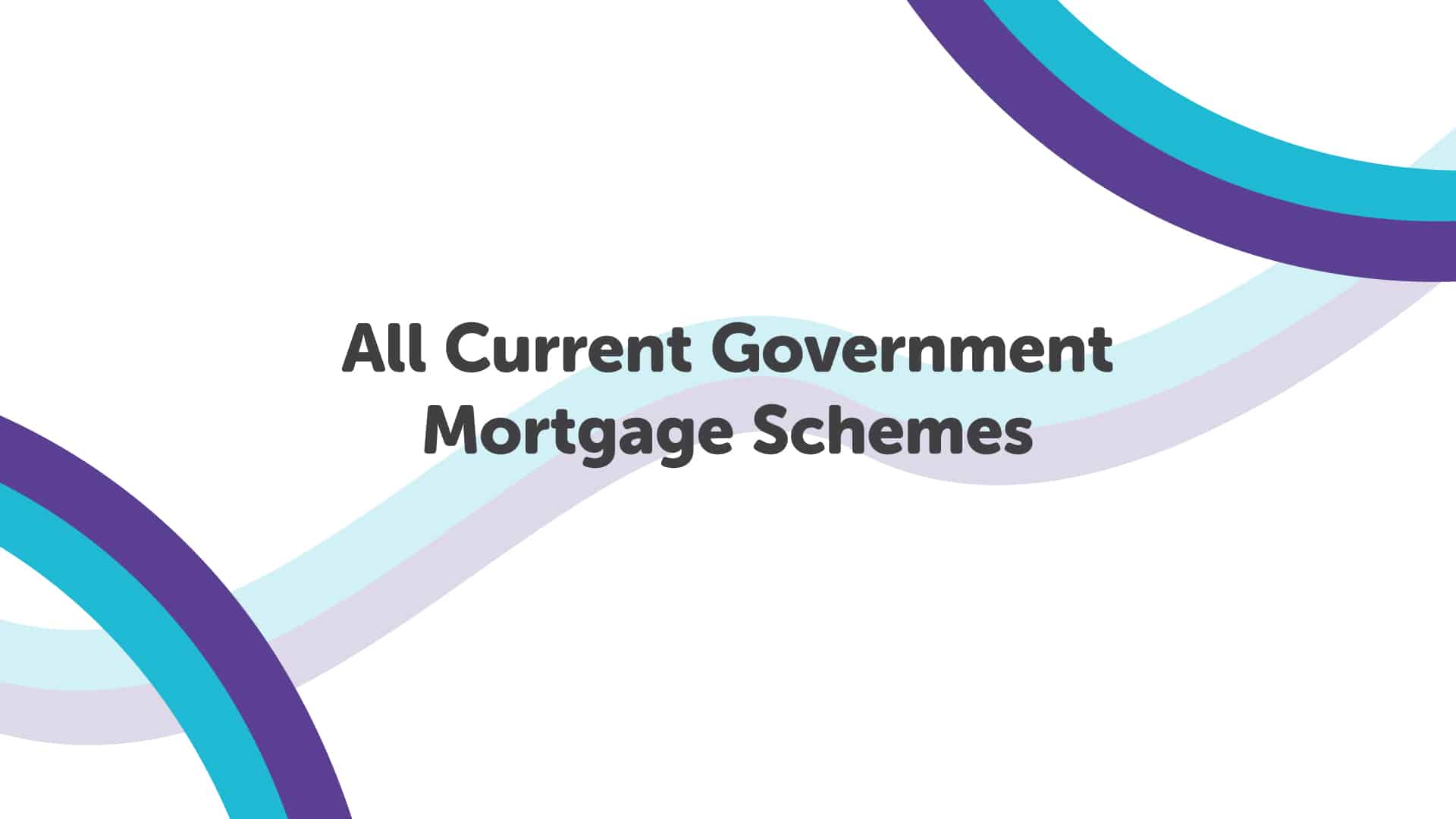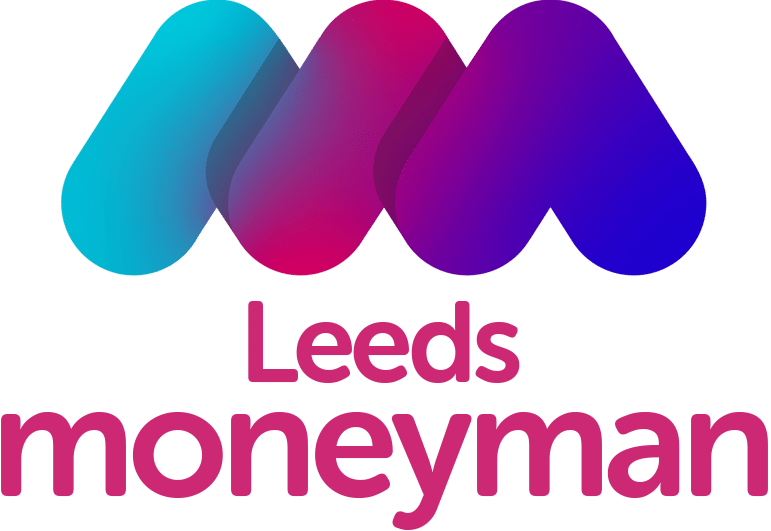In The Beginning of The Mortgage Market
In order to understand what occurred in the 2007/08 “Credit Crunch”, we need to see what events lead up to it. As a first time buyer in Leeds in the 1970s and ’80s, you were likely to approach a building society to take out a mortgage.
It can be hard to imagine, but banks have not always been involved with mortgages! To determine whether or not you qualified for a mortgage, you first need to arrange an appointment with the building society manager. The process will include customers being encouraged to take out savings accounts with the building society, and then the building society would use that money to lend to other customers. Interest rates would also be higher to borrowers than the rate they were paying to savers so that they could make a profit.
When the banks began getting involved in mortgage lending, they swift away from the older model. Instead, they would “buy” the money from markets, to accelerate the rate at which they could lend out to customers.
Mortgages in The 2000s
Towards the mid-2000s, there were a lot of new specialist lenders working in the market. Many of them originating from North America.
The method they would do things would be through selling their book of mortgage customers, allowing them to raise new money and lend again, this is known as Securitisation. These investors usually come from larger financial institutions like pensions funds and High Street Banks.
From this, the market started to make a lot of money, and these new lenders use this opportunity to relax their lending criteria. This means that a poor credit history or a self-certified mortgage wouldn’t have been a problem, so they thought.
Problems Arise For The Mortgage Market
As you can imagine these mortgages began to default. This affected major banks with them losing confidence in each other, because of the uncertainty of how exposed they were in the fast unraveling sub-prime mortgage market.
The banks’ share prices quickly dropped. A number of banks were bailed out by the UK Government (or more accurately, the taxpayer) to prevent them from going under, while many failed to carry on.
In the midst of ‘The Great Recession”, almost 80 different banks, building societies, and lenders spanning across 20 different countries filed for bankruptcy or were acquired. Because of this, lending dried up fast.
Everyone lost confidence in the UK economy as the property prices significantly dropped. The market took nearly a decade to fully recover.
Economy Recovering
This event is something that no one wants to repeat, in particular, the UK Government. Investigations were carried out to look into the cause of the “Credit Crunch”. These were accumulated and led to the creation of the “Mortgage Market Review of 2014”.
Since then, self-cert mortgages have now got banned, however, the biggest change that came was the responsibility of ensuring the mortgages were affordable, now is responsible to the lender.
They are in charge of looking in detail at customers’ incomes and outgoings with more precise lending criteria. Lenders delve deep into credit commitments, childcare, and other outgoings. This can ensure the lender that customers could consistently afford their mortgage repayments.
Obviously, this has made getting a mortgage more challenging than before. It’s required for the customer to reorganise their paperwork to prove their finances get taken seriously. Running up to the Credit Crunch, many mistakes for made. The important thing is that the industry has learned a lesson and hopefully minimised the chance of this ever happening again.
Date Last Edited: December 6, 2023















